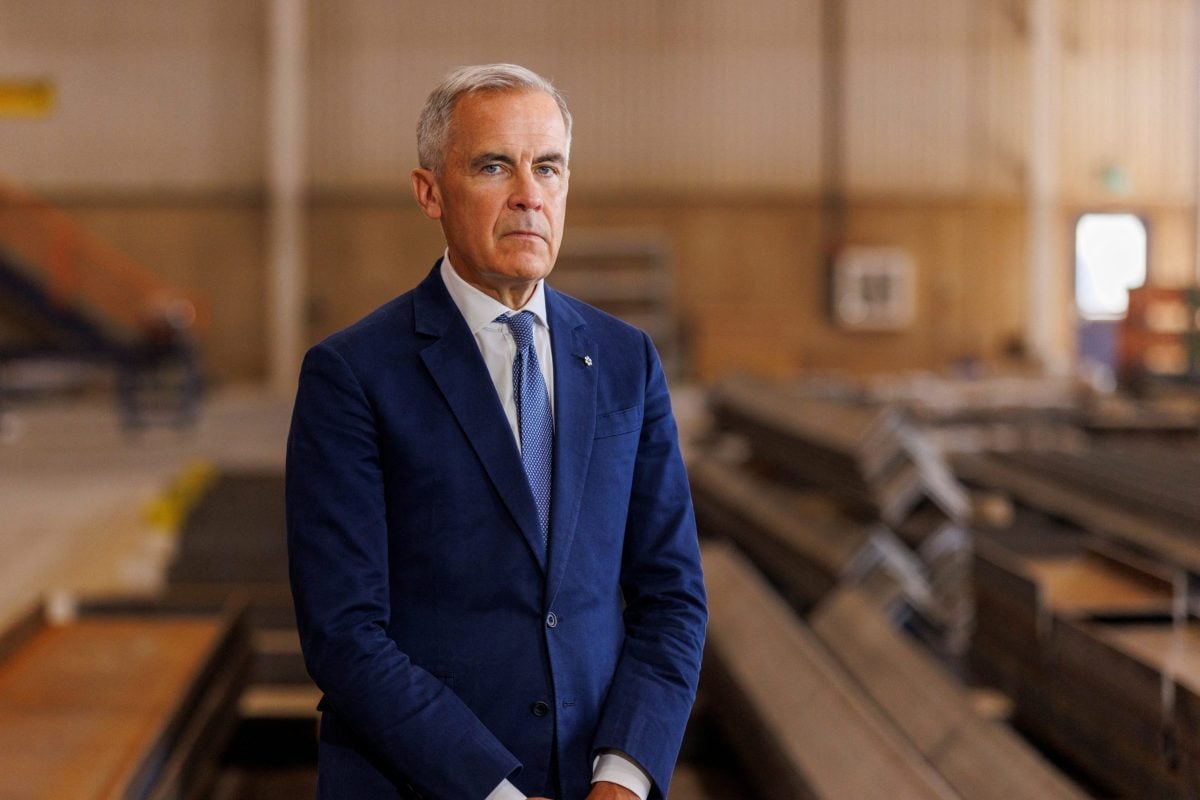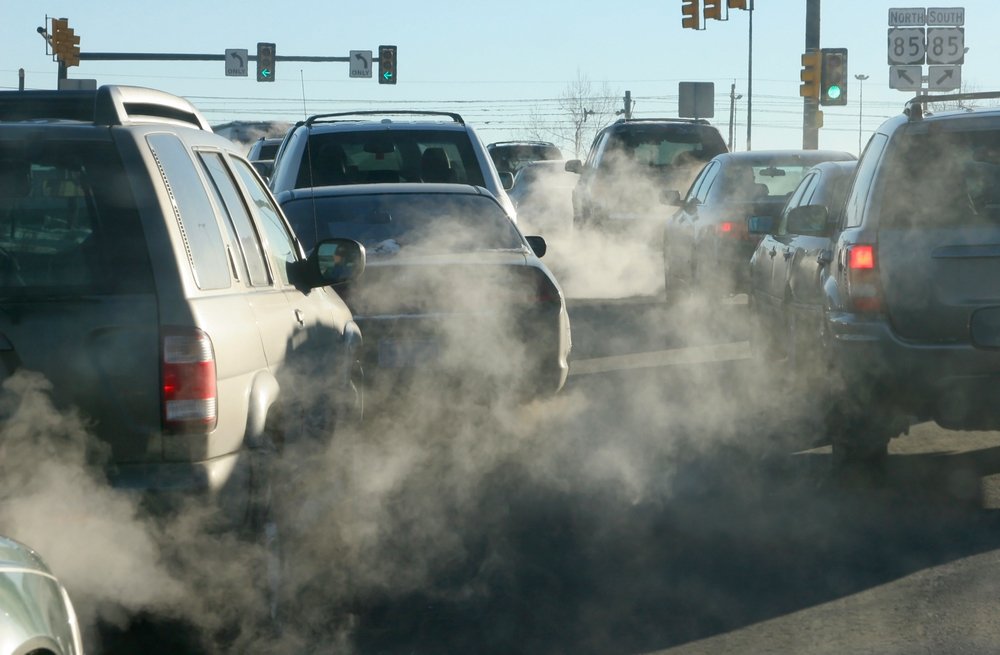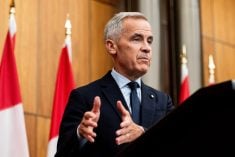Glacier FarmMedia – Canadians can be forgiven for offering little more than passing shrugs at the ongoing Conservative Party of Canada leadership race.
The ongoing pandemic, the governing Liberals’ handling of it, and the WE Charity scandal side dish are consuming our attention.
At least for me, the political and cultural fractures in the United States just about max out my remaining tolerance for daily news.
There isn’t much left over for the four-way race to lead the Conservatives.
It doesn’t help that recent news dribbling out of the race has been inside baseball — cancelled debates rather than actual policy proposals.
Read Also

Carney visits Asia to forge new alliances and reduce U.S. dependence
Canada’s Prime Minister Mark Carney embarks on his first official visit to Asia on Friday in an attempt to deepen trade and security ties at a time when the North American country is struggling to lessen its overwhelming dependence on the U.S. and redefine its foreign policy in pursuit of new markets.
That is a shame considering the stakes. The winner has a legitimate chance of becoming the next Prime Minister.
Beyond that, farmers have a significant interest in the outcome. Many Conservative strongholds are rural and producers, especially on the Prairies, are generally more likely to vote Conservative.
For many of you reading, this race will determine who leads your favoured party into the next election, whenever that may be.
The frontrunners, Erin O’Toole and Peter MacKay, recently listed ending the carbon tax as their top priority for agriculture in a survey from the Western Canadian Wheat Growers.
That isn’t a surprise. The candidates know it’s an unpopular policy among farmers.
In the game of leadership politics, it’s a smart move because it reflects a specific demographic’s major concern right back to them. Few people outside of ag circles are reading a wheat growers’ survey.
But it is worth considering whether that same proposal — ending the carbon tax — has legs beyond farmers, in the wider public.
The Tories need to win urban ridings to have a chance of forming government. Do those voters want the carbon tax gone?
Around two-thirds of people who voted in the last election cast their ballot for a party that supported or promoted a price on pollution or carbon tax.
Those who voted for the NDP, Greens and Bloc Quebecois showed even greater support for carbon pricing than what the Liberals have in place currently.
Surely prompted by the pandemic, many farm groups have shifted their focus away from lobbying against the carbon tax and toward a push for more effective business risk management programs.
How successful that effort will be remains unclear, but without a doubt, farmers have an easier “win” on BRM than on carbon pricing.
Even a major federal investment in BRM would likely stay off most Canadians’ radar while scrapping the carbon tax would infuriate countless thousands.
In other words, most Canadians don’t pay attention to agricultural policy. It’s not going to sway many. They do, however, care about a party’s environmental plan.
Some political watchers argue one of the reasons outgoing Conservative leader Andrew Scheer performed poorly in the last election was because his platform lacked a strong climate plan.
The case against the carbon tax appears to be weakening. Famers’ opposition to recent increases gained little, if any, traction in government circles.
Outside of a few select lobby groups, including agricultural ones, and some conservative provincial governments, the issue is largely a settled one.
It doesn’t help that even during the pandemic, Canadian agriculture is in relatively good shape while resource prices continue to languish.
MacKay and O’Toole can be forgiven for proposing an end to the policy.
They probably need to do so to have a shot at winning the leadership. But it isn’t going to appeal to the broader public and makes the Conservatives appear more and more out of touch with most Canadians.
Yes, the carbon tax has hurt farmers.
But it’s likely here to stay. Continued opposition seems a sure-fire way to keep farmers’ preferred party in opposition.
<D.C. Fraser is Glacier FarmMedia’s Ottawa correspondent.>











